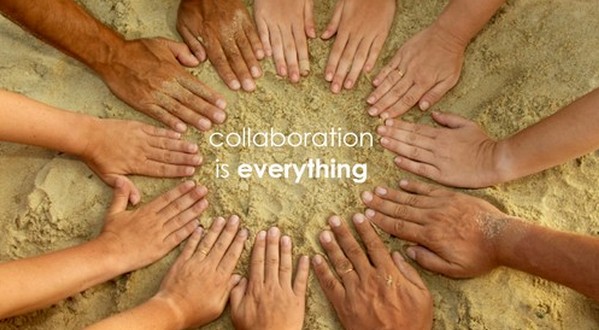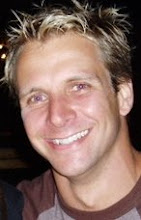
The benefits of mass collaborative can already be seen in such things as Wikipedia and Linux. We vote for politicians to make decisions for us, but what about if we made the decisions together. According to Jono's IT blog, "the New Zealand Government in late 2007 gave the public the opportunity to directly contribute to law making, by launching an online wiki where people could make suggestions to the wording of a new police act."
A whole society building their laws together with continuous input from its people and not just a powerful few; now that's progressive.
Mass collaboration opens the doors to more creative thinking. We've all heard two heads are better than one. Well, this can be like having 2 million heads or even more. With everyone contributing towards a common goal it can not only be a huge success, but also more efficiently produced.
Are we preparing students for mass collaboration? I think we are in the beginning stages. As computers and the web become more and more entrenched in schools this will be more and more possible. Classes are now using things like wiki's and Google docs to work on things together. Some are even taking that a step further and working with classes from other parts of the world on common projects. This seems to be especially popular with classes dealing with global issues. If you are interested in doing a project with other schools in other countries go to The Flat Classroom.
It will be very interesting to see what the schools of the future will look like. Expect collaboration to be a big part of it.


